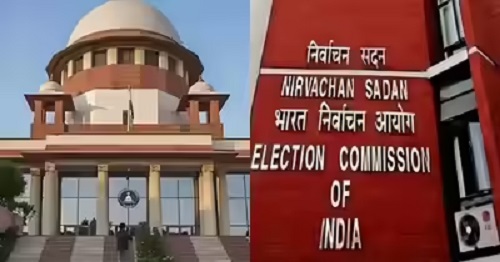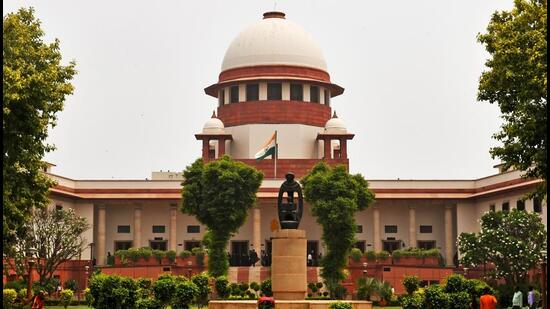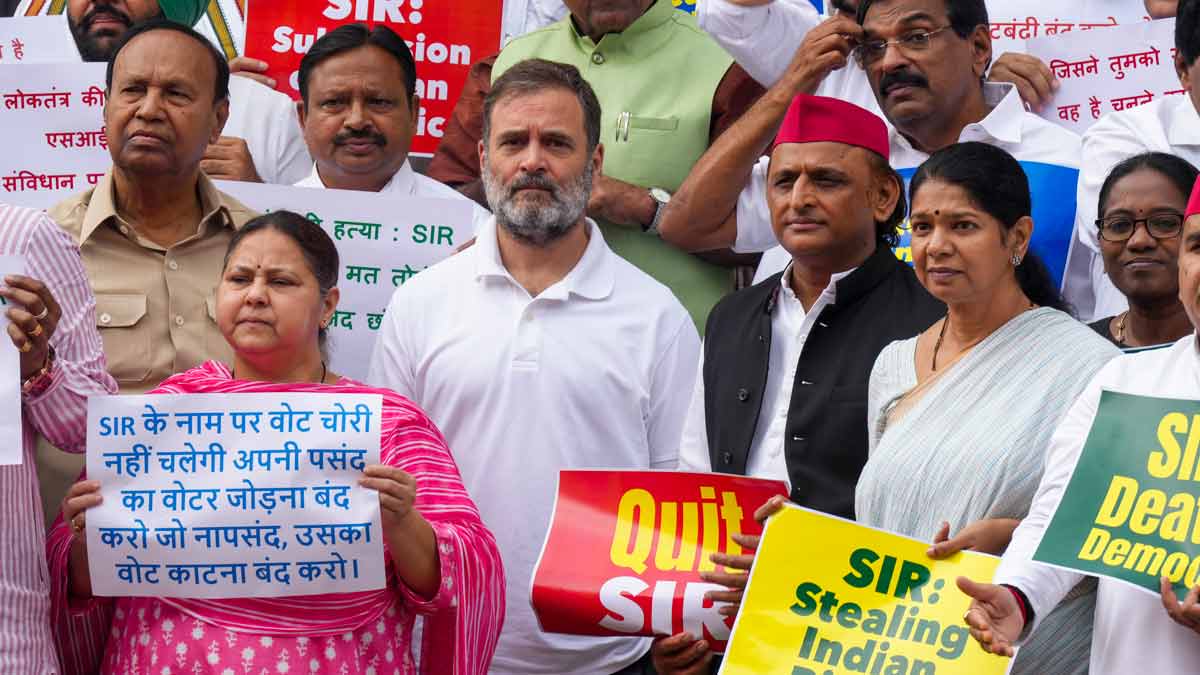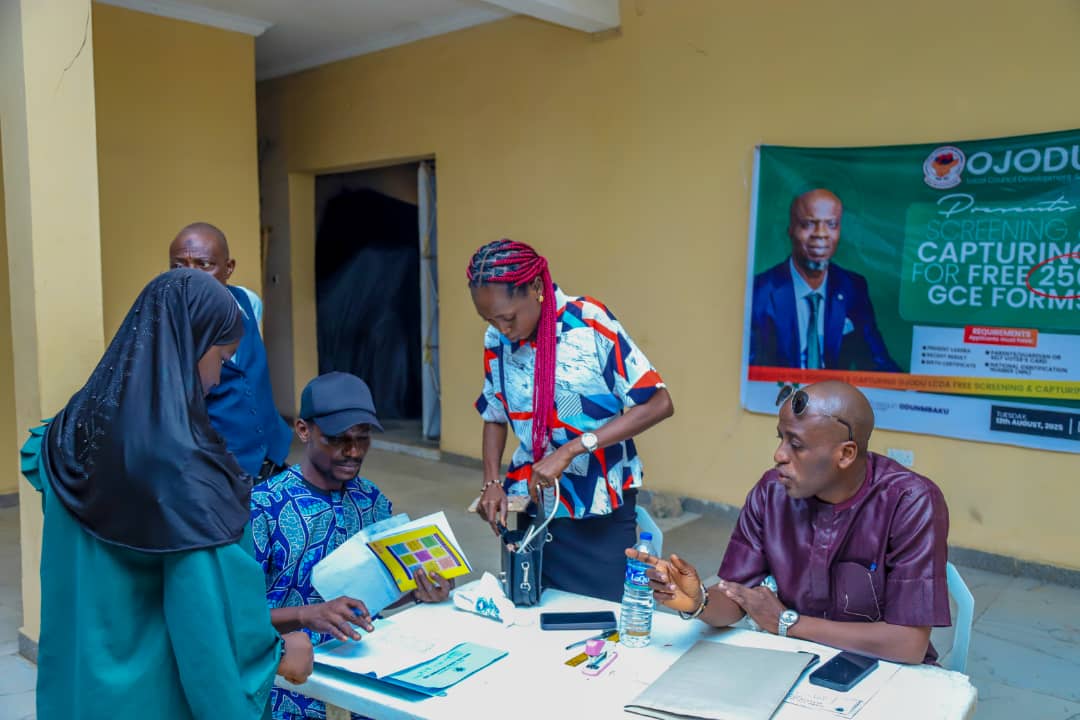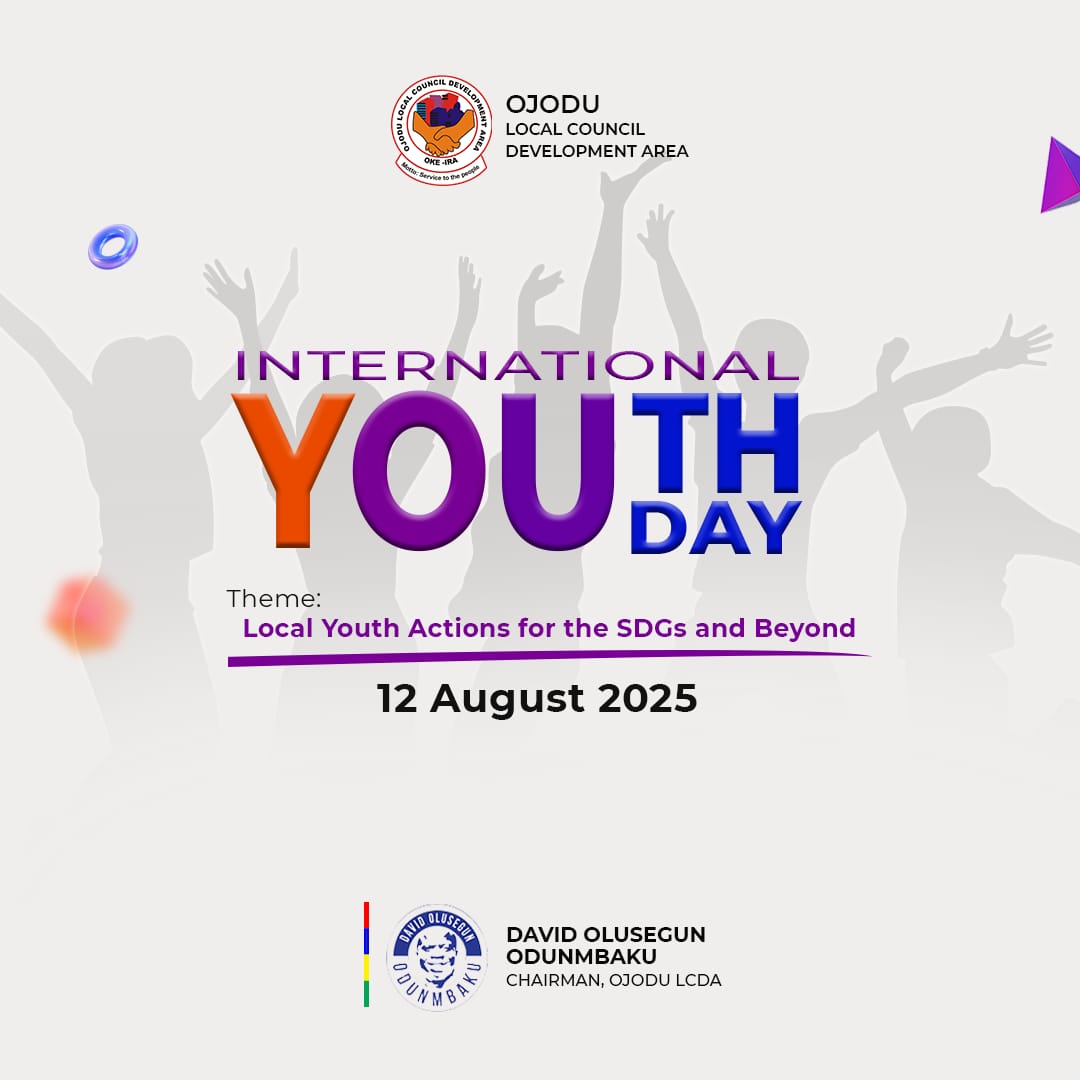A Bench of Justices Surya Kant and Joymalya Bagchi made these observations during hearings on multiple petitions challenging the EC’s SIR exercise in poll-bound Bihar. The controversy, which has spilled over into Parliament, stems from concerns that the revision could potentially disenfranchise large segments of the electorate. The EC has maintained that approximately 6.5 crore of Bihar’s 7.9 crore registered voters did not need to submit fresh documents because their names or those of their parents already appeared in the 2003 electoral rolls.
Senior advocate Abhishek Singhvi, representing one of the petitioners, accused the Commission of “presumptive exclusion” of around five crore voters just months ahead of the elections. He argued that many of these individuals had participated in multiple elections over the last 22 years and questioned the sudden move to invalidate them. While acknowledging the EC’s legal power to update rolls, Singhvi insisted it had no authority to determine citizenship status. He described the non-inclusion process as “de facto deletion” and contended that the EC was never meant to act as a “policeman of citizenship.”
The Bench countered that Parliament alone has the authority to enact laws on granting or revoking citizenship, but the EC retains full authority over the accuracy and integrity of electoral rolls. It stressed that inadvertent errors, such as wrongly declaring a living person dead or vice versa, could be corrected during the draft stage of the revision.
Senior advocate Kapil Sibal, appearing for Rashtriya Janata Dal (RJD) MP Manoj Jha, alleged that officials were refusing to accept Aadhaar, ration cards, or Electoral Photo Identity Cards (EPIC) as valid documentation, making it difficult for citizens to prove eligibility. The court, however, noted that applicants must present some form of acceptable documentation and cautioned against broad generalisations about the absence of records in Bihar. It pointed out that 7.24 crore of the 7.9 crore registered voters had already responded to the SIR process, undermining claims of large-scale exclusion.
Advocate Prashant Bhushan, representing the NGO Association for Democratic Reforms, raised concerns over the removal of 65 lakh voters labelled as deceased, migrated, or registered elsewhere, questioning the speed and scale of the exercise. Political activist Yogendra Yadav, addressing the court in person, argued that the SIR was designed to delete voters, claiming no new names had been added and that booth-level officers were conducting door-to-door deletions. In a dramatic move, he presented three individuals allegedly declared dead by the EC, prompting objections from the EC’s counsel, senior advocate Rakesh Dwivedi, who dismissed the presentation as “courtroom drama” and invited Yadav to assist in correcting records if genuinely concerned.
The court reiterated that this was only the draft stage, with the final electoral roll set for publication on September 30, and assured that legitimate corrections could still be made. The EC has defended the SIR as a necessary step to ensure “purity” in the electoral process by removing ineligible entries. The draft rolls were published on August 1, with the revision attracting sharp criticism from opposition parties, including the RJD and the Congress, who allege that crores of eligible voters risk being disenfranchised.


